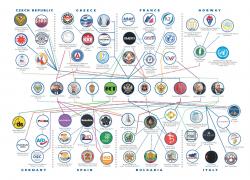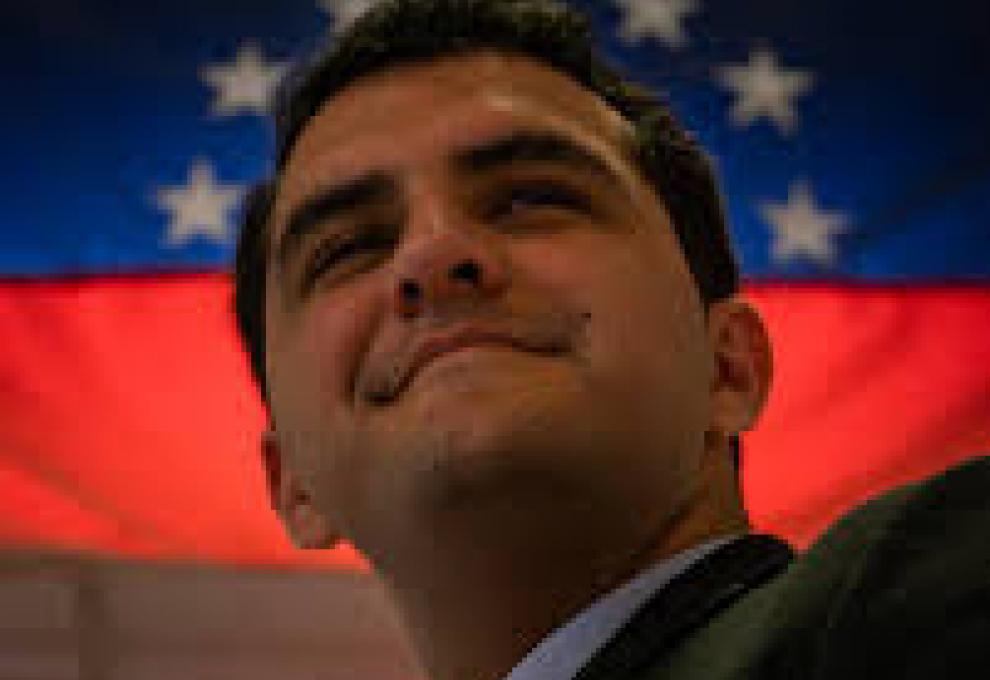Free private cities can revolutionise the way we live together
“There are two sides to every issue: one side is right and the other is wrong, but the middle is always evil … In any compromise between food and poison, it is only death that can win. In any compromise between good and evil, it is only evil that can profit.” (Galt’s Speech)
Politics is the art of the compromise. But what if you are unable to accept the kind of compromises that politicians are making in your name? For some, the answer lies in the formation of private cities. The idea may seem radical, but it is not new—the United States began as an experiment in self-governance: a group of people set off from England in order to escape religious persecution and create a society that would reflect their values. More communities followed; though typically established via charter and fundamentally under the control of Britain, they were largely independent and free to institute legal systems and local governments as they saw fit.
This is the foundational principle of the modern movement for free private cities—a sovereign territory agrees to sell some of its land to a private company to create a new city.
The basic package offered by free private cities are a basic infrastructure system, security and rescue forces, an objective legal and regulatory framework, and independent courts and dispute resolution bodies. There is no parliamentary body to become susceptible to special interests or oppress individual rights in the pursuit of pandering to the majority. Because the company holding the area is a for-profit business, competition is the driving force behind the free private city. Cities are forced to compete for citizens (i.e. customers), and are incentivized to offer the best possible services at the lowest cost to the consumer. The holding company is also able to make more efficient use of emerging technology, using data to experiment with new methods of running the delivered services. This inspires efficiency, constant improvement, and innovation. It also engenders a culture of transparency: tax-paying citizens will want to know how their money is being spent.
The key feature of a free private city is the citizen contract. Unlike Rousseau’s idea of the “social contract,” which is implicit in nature and legitimizes the authority of the state over the individual, the citizen contract is explicit and emphasizes the city’s responsibilities towards its citizens. It cannot be unilaterally changed and a citizen can cancel the contract at any time. This is known as the “right of exit,” a principle that is central to the idea of free private cities. The contract explicates the mutual rights and obligations of the citizen and the city, ensures independent arbitration in the event of a conflict, and can only be terminated by the city for breach of contract.
However, private cities also work on a more down-to-earth principle. China’s free economic zones, as well as places like Hong Kong, have managed to enrich their partner nations considerably, by setting up a subsidiary nation. 2018 Nobel Memorial Prize in Economics recipient Paul Romer is actively suggesting such a model. In essence, the charter city would set up a completely different rulebook in the interest of its founding nation. For instance, a country on the cost of West Africa could create a free economic zone - maybe even in partnership with neighbouring countries, or countries far away - and function on a free market principle with the rule of law. Romer also claims that such a model wouldn’t necessarily need any jump-start funding, as the new city could use the value of its own land or natural resources to fund institutions such as police and courts.
While this model may not be an identical representation of what was earlier explained as free private cities, it does have one very indicative thing in common: it gives people choices. Millions of Chinese people work and/or live in Hong Kong, and increase their living standards in the process, benefiting both China and the city. It allows individuals to have more options for a life approaching prosperity, where they can feed their children, send them to school and have proper housing.
Free private cities and charter cities alike engender a society based upon voluntarism and freedom of association. The opportunities for this model are immense: in the absence of a regulatory framework that holds back innovation, private cities could quickly become the beacon of science and technology that are desperately needed to advance humankind.
Check out the book Free Private Cities – Making Governments Compete For You.




















